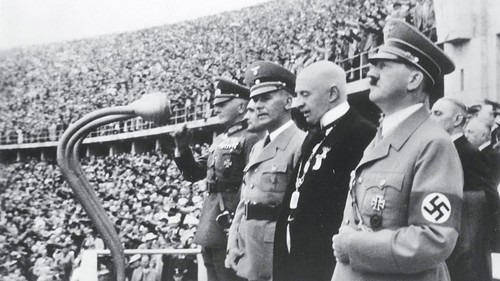The start of the first Scout camp on Brownsea Island, the origin of the worldwide Scouting movement.
The Brownsea Island Scout camp holds a significant place in the history of the Scouting movement as it was the site of the first-ever experimental camp organized by Robert Baden-Powell, the founder of Scouting. The camp took place on Brownsea Island, located in Poole Harbour, Dorset, England, from August 1 to August 9, 1907.
The idea for the camp emerged as a way for Baden-Powell to test his ideas on outdoor education and character development, as outlined in his book “Scouting for Boys,” published earlier that year. He invited a group of 20 boys from different social backgrounds to participate in the camp. These boys, aged 12 to 17, formed the core of the experimental camp.
The main objectives of the Brownsea Island Scout camp were to promote skills like self-reliance, teamwork, leadership, and outdoor survival, and to instill the values of responsibility, loyalty, and resourcefulness among the participants.
The camp’s activities were diverse and focused on elements such as camping, hiking, woodcraft, observation, and pioneering skills. Baden-Powell personally led and participated in many of the activities, setting an example for the young Scouts. The boys were divided into four patrols, and each patrol was given responsibilities, allowing them to learn and practice leadership and cooperation.
The experimental camp was a great success and set the foundation for what would become the worldwide Scouting movement. After the camp, Baden-Powell continued to develop and refine his Scouting principles, and the Boy Scout movement rapidly spread globally.
Today, Brownsea Island remains an important site for Scouting, and it is visited by Scouts and tourists from all over the world who come to see where the historic first camp took place. The island also features a small Scouting museum and offers camping opportunities for Scouts, continuing the legacy of the movement’s origins.


